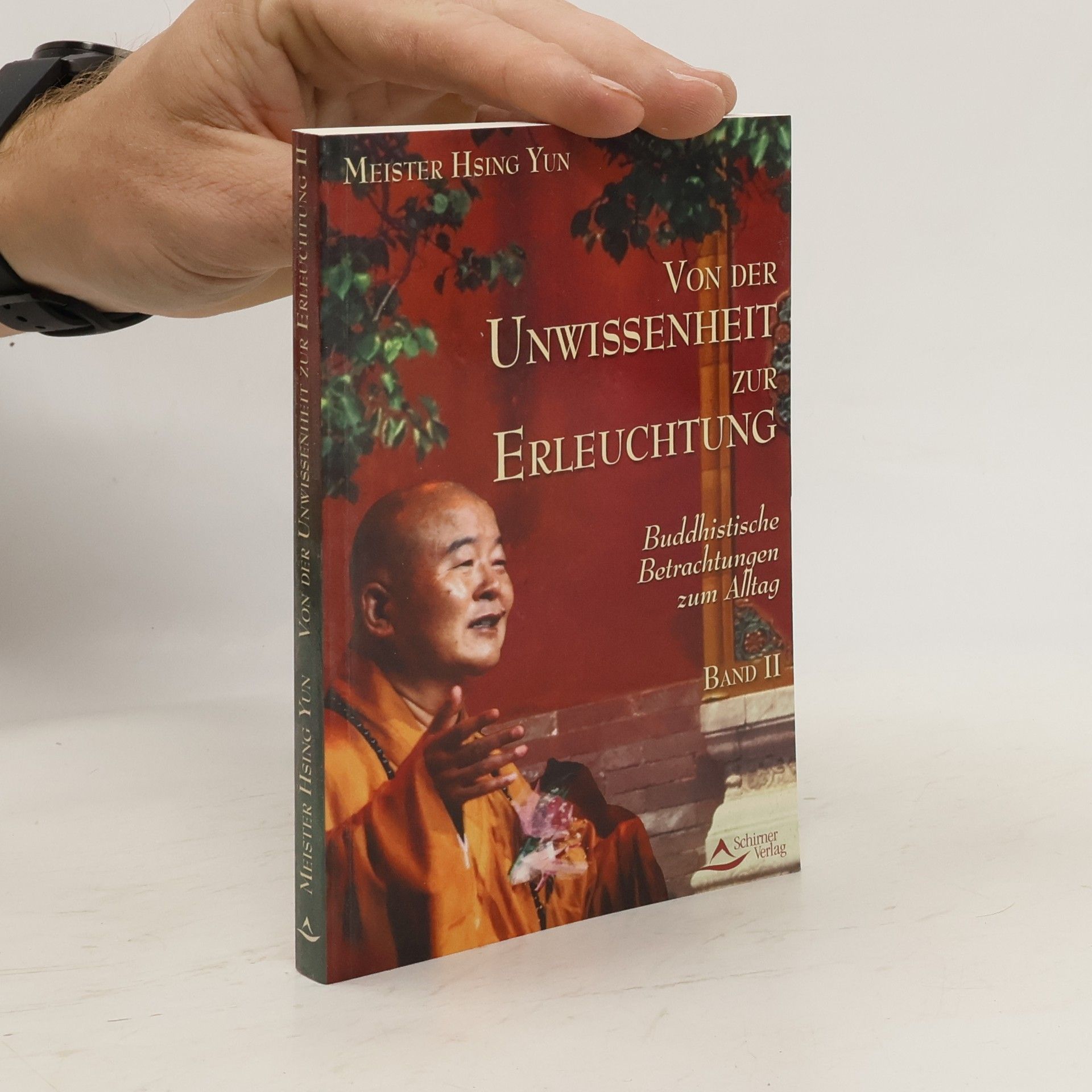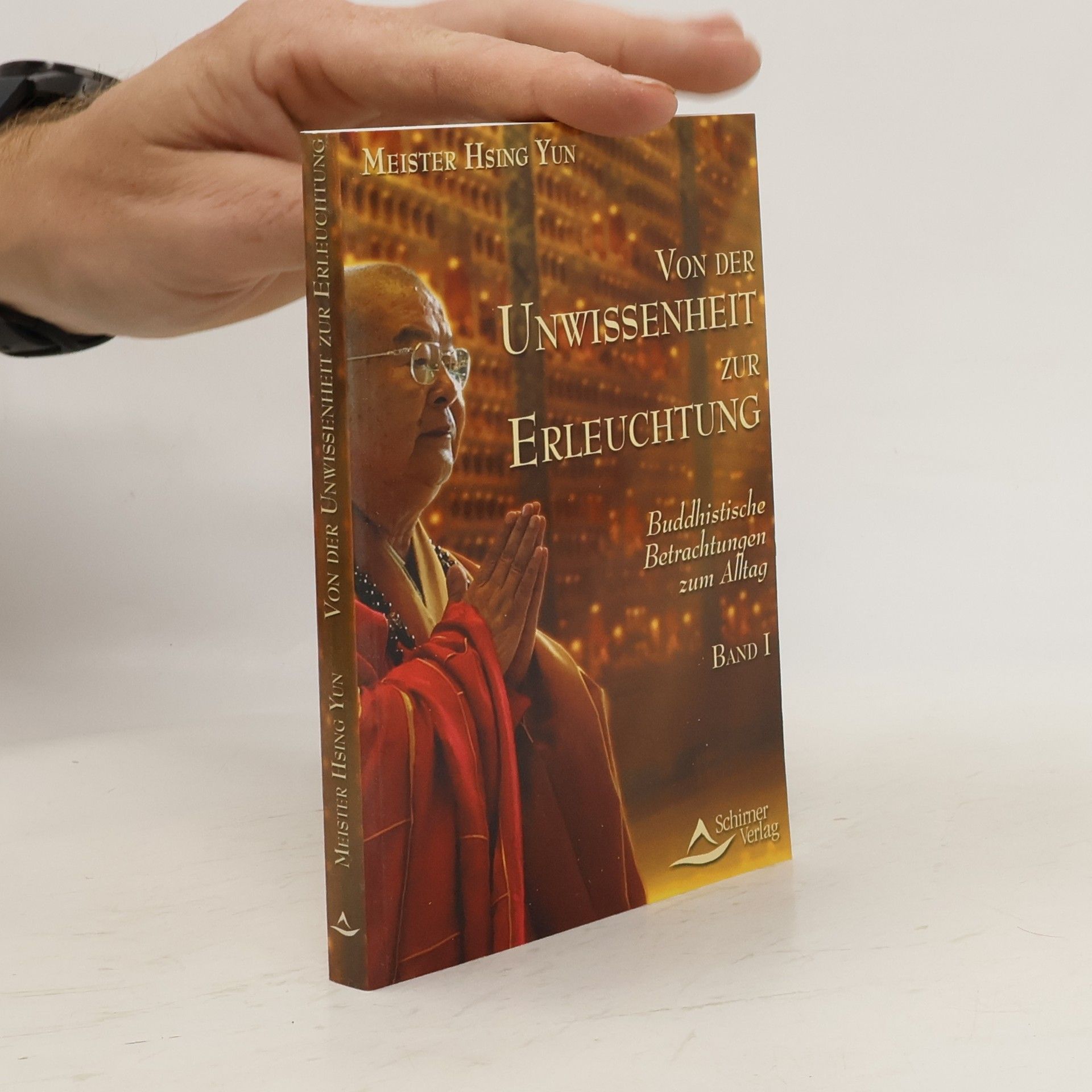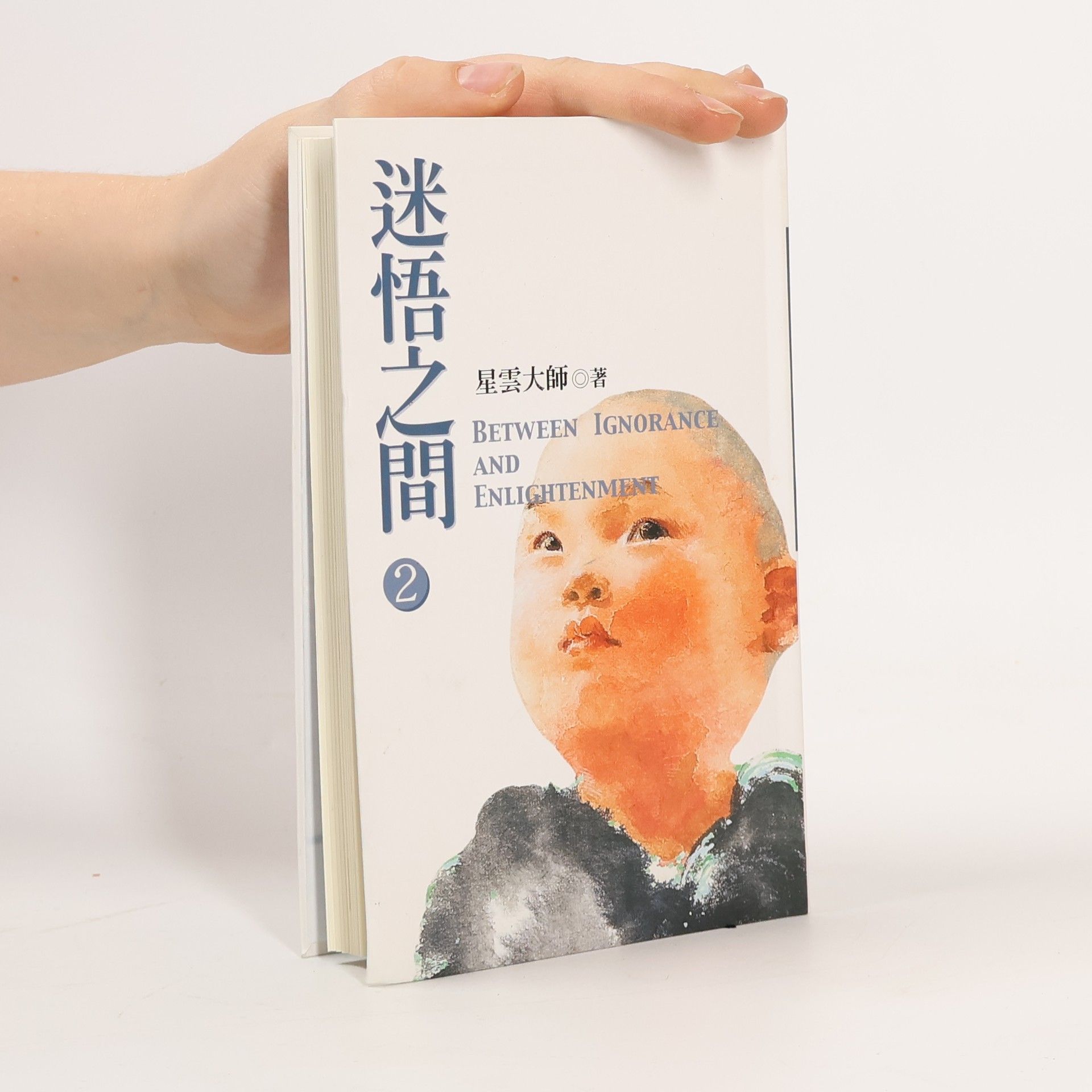Hsing Yun Book order (chronological)
Hsing Yun is a prominent Buddhist monk known for advocating 'Humanistic Buddhism.' His work aims to adapt ancient Buddhist principles to the needs of the modern world, establishing him as a pivotal figure in Buddhist reformation. He is recognized for his extensive efforts in establishing monasteries, universities, and schools globally, alongside his engagement in interfaith dialogue, solidifying his role as a leading proponent of contemporary Buddhist thought.


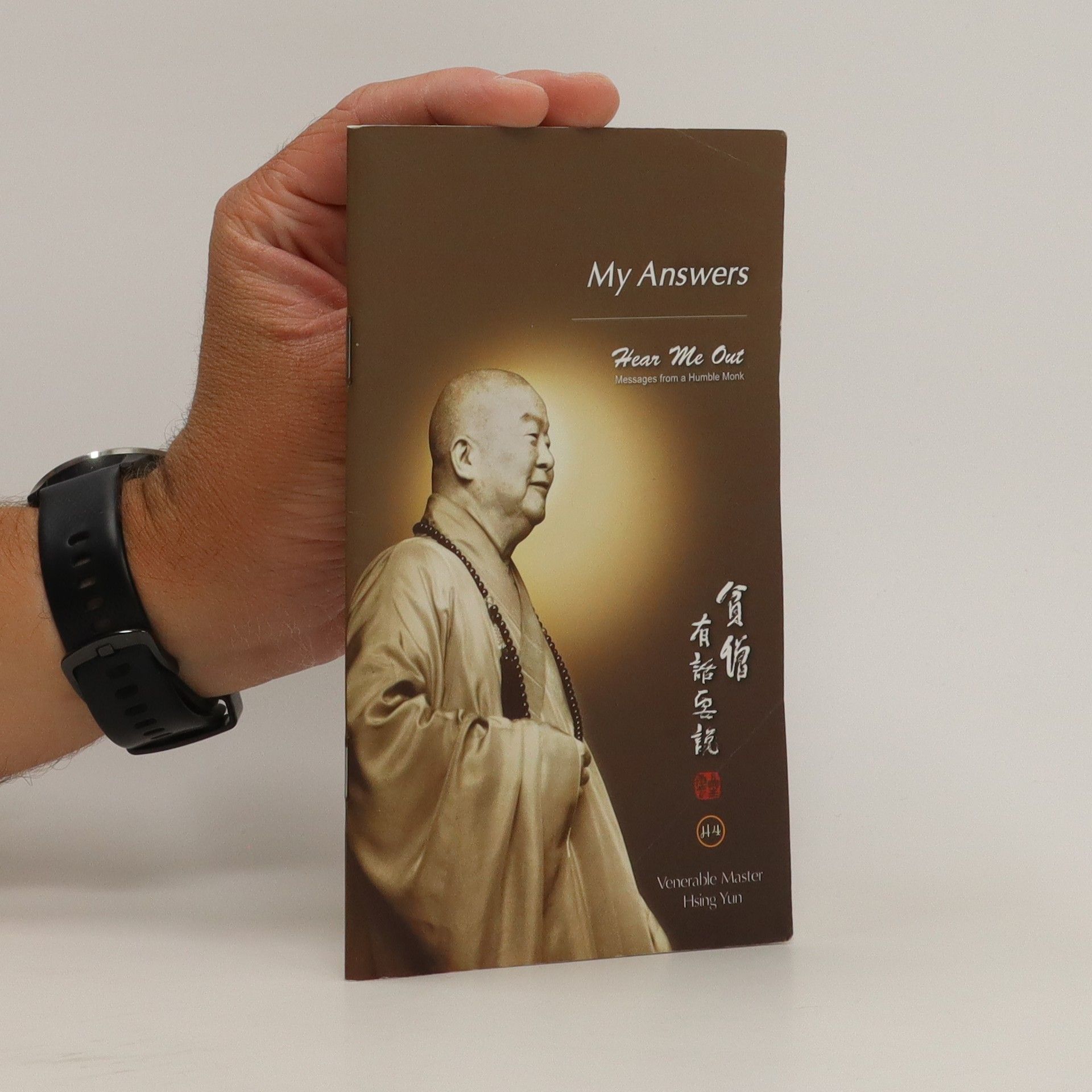
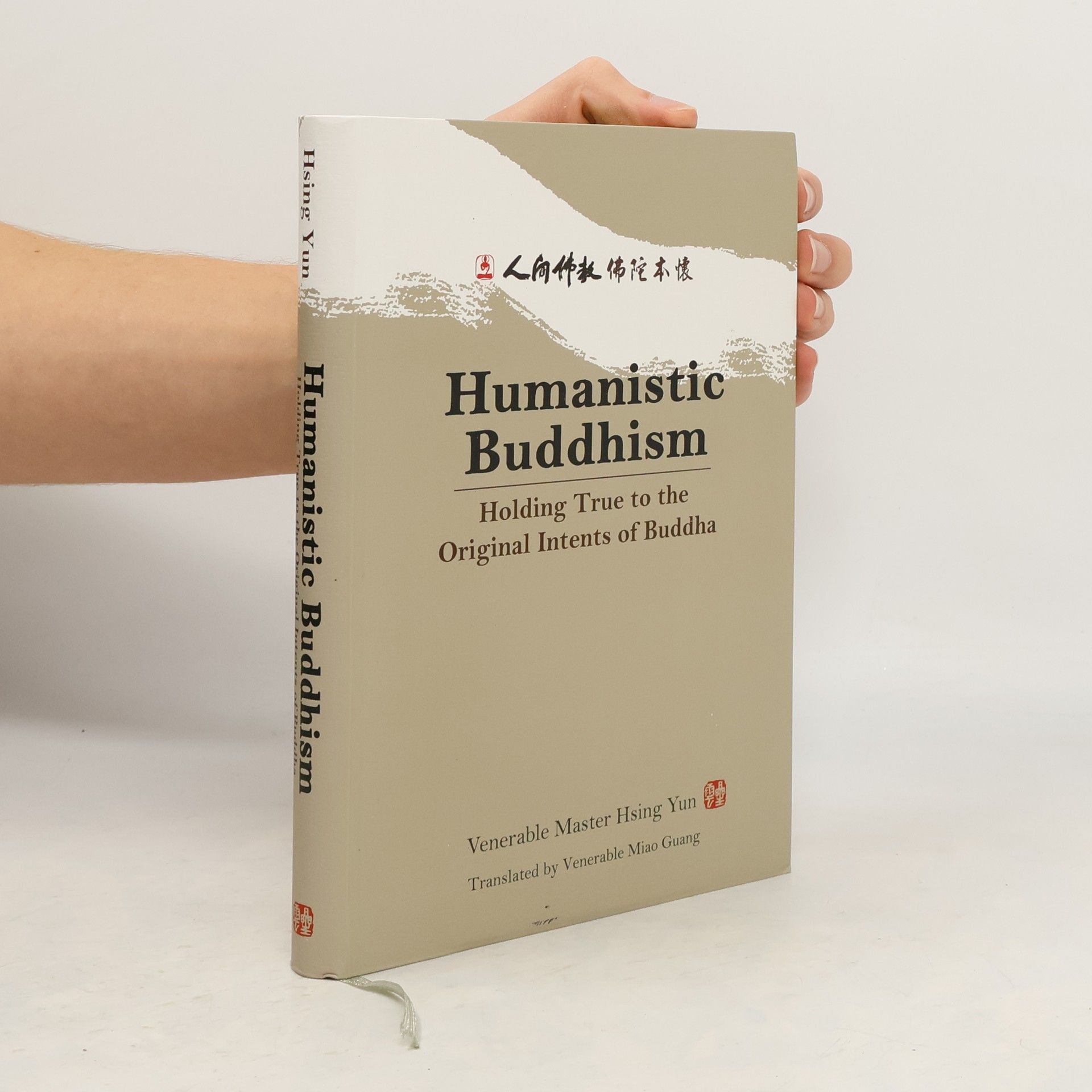
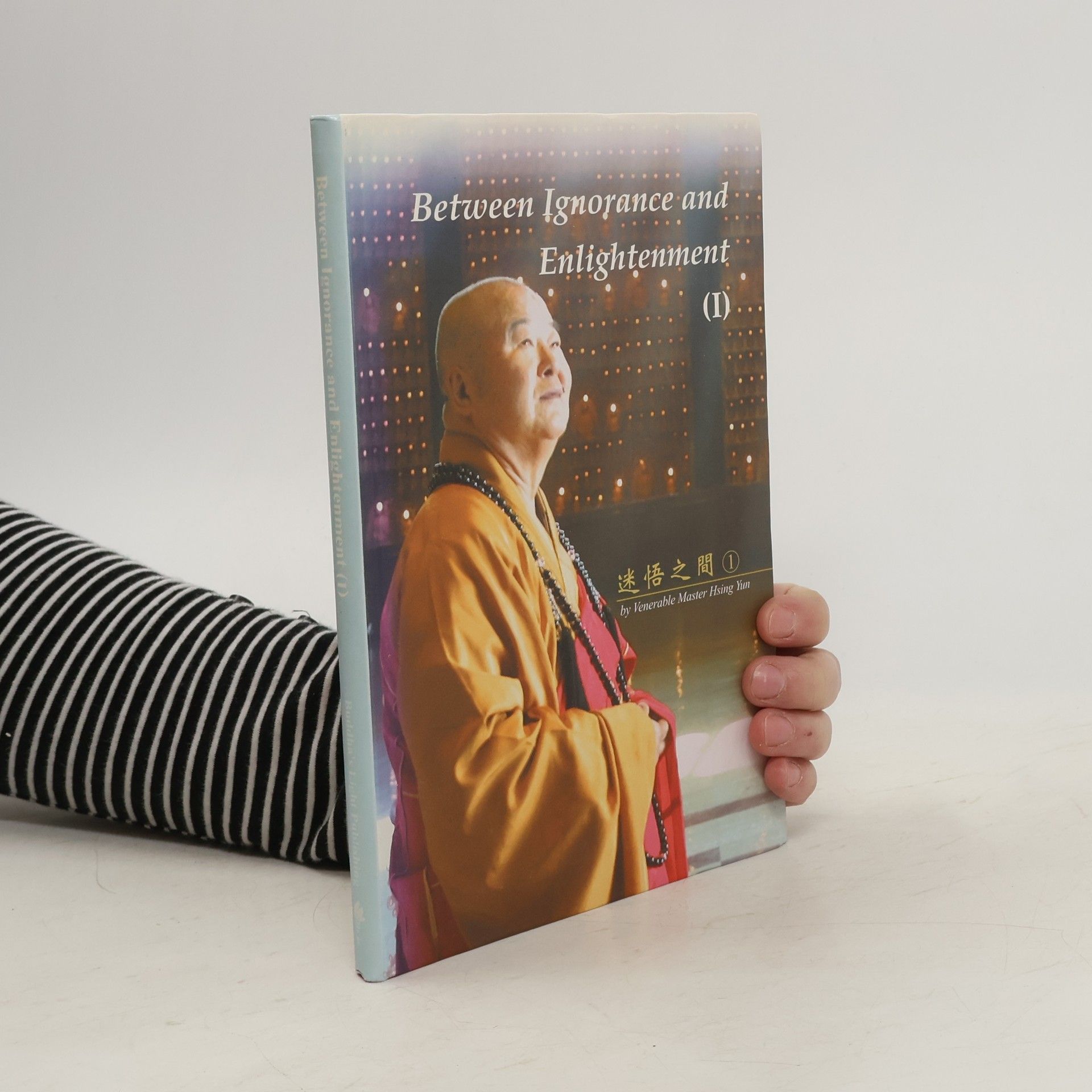
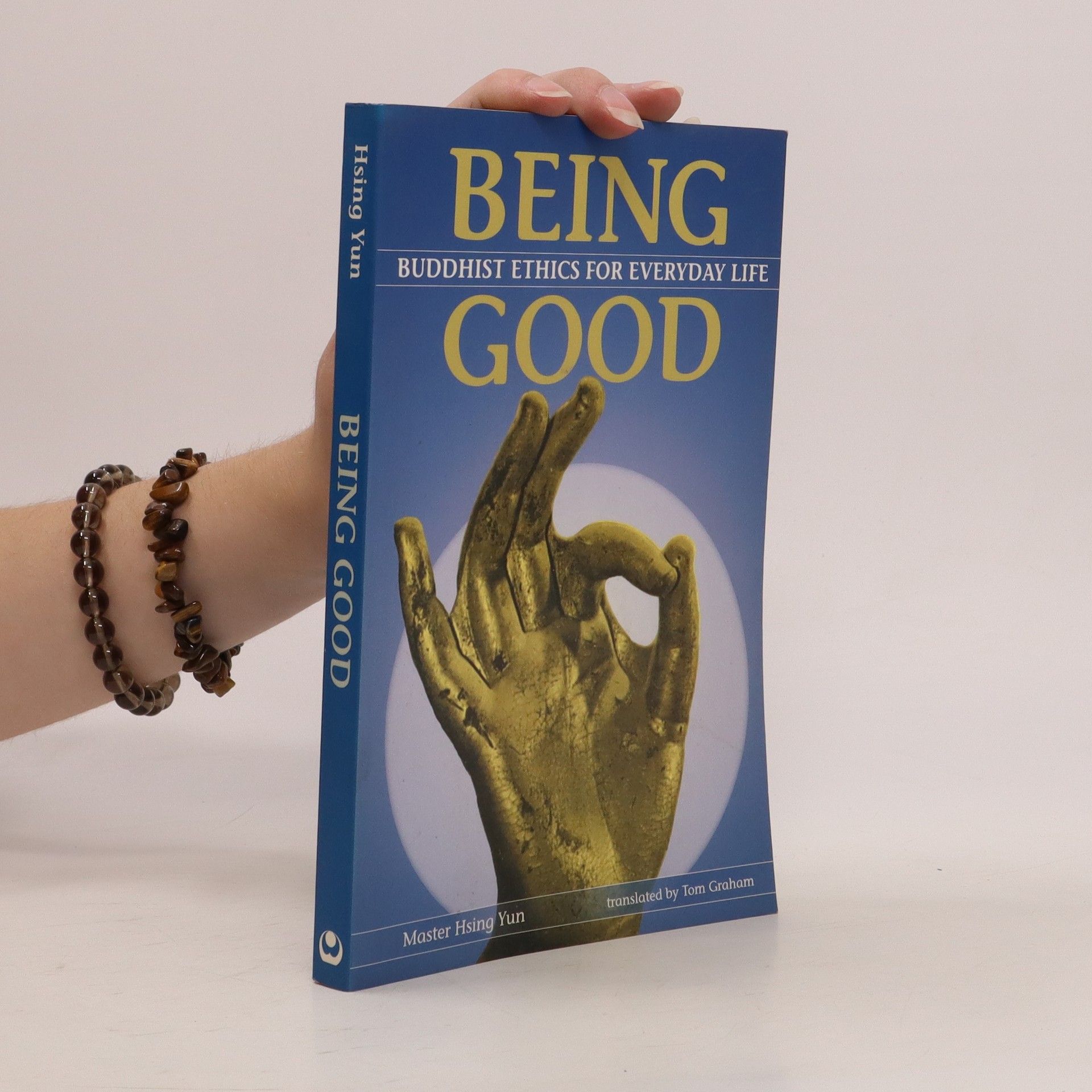

In Bells, Gongs, and Wooden Fish, Venerable Master Hsing Yun grants voices to the objects of daily monastic life to tell their stories in this collection of first-person narratives. From monastic shoes to robes and alms bowls, these everyday objects tell the story of their lives and the life of Buddhism from their own perspective. Originally published in 1953, the collected sketches are both lyrical and satiric. The collection of inanimate speakers describe and criticize the state of Chinese Buddhism in the early twentieth century in which educating the laity is an afterthought and the day-to-day activities of monastics are dominated by funerary rites. Bells, Gongs, and Wooden Fish showcases the beginnings of Master Hsing Yun's work as a Buddhist reformer, and describes a path to revolutionize, modernize, and humanize Buddhism that resonates to this day.
Between Ignorance and Enlightenment
- 160 pages
- 6 hours of reading
In this collection of articles, Venerable Master Hsing Yun shares his reflections, insights, and wisdom, which are intended to inspire, enlighten, and motivate us to live a better life. 'In reality,' he writes, 'ignorance and enlightenment lie in just a thought! A thought of ignorance may cause sorrow and pain, while an inspiration of enlightenment can bring out the sun of wisdom.' 'If we change our views and outlook on life, we can change our destiny.' Such words are characteristic of the Master s writing in this book, often unexpectedly pointing the way to breakthroughs in our spiritual journey and growth.
Ziel dieses Buches ist es, Sie einzuladen, darüber nachzudenken, was es bedeutet, ein wahrhaftiges Leben zu führen. Dazu gibt Meister Hsing Yun Ihnen praktische Ratschläge, die auf der buddhistischen Lehre beruhen. In jedem der dreiunddreißig Kapitel behandelt er ein Schwerpunktthema und jedes ist in sich abgeschlossen. Wann immer eines der angesprochenen Themen in ihrem Leben aktuell wird, können Sie also gezielt ein Kapitel herausgreifen und sich beraten lassen
Being good. Buddhist Ethics for Everyday Life
- 176 pages
- 7 hours of reading
The aim of this book is simple: to invite readers to consider what it means to lead a good life, and to offer practical advice, based on the Buddhist teachings, as to how this can be accomplished. In each of more than thirty brief essays, Master Hsing Yun treats a specific moral or ethical issue, using quotations from the rich treasury of the Buddhist scriptures as a point of departure for his discussion. Among the topics he considers are control of the body and of speech, overcoming greed, ending anger, patience under insult, how to manage wealth, how to get along with others, what it means to practice Buddhism, and the blessings and joys of that practice. The Buddhist precepts are introduced as guideposts along this path of liberation, and friendship, gratitude, and service to others are presented as essential elements of a common quest to discover and to embody our innate goodness and humanity.
